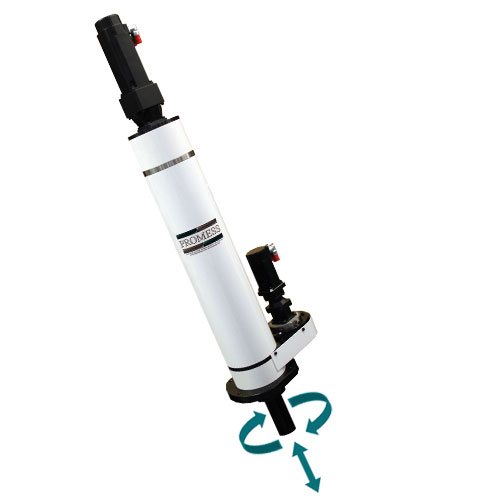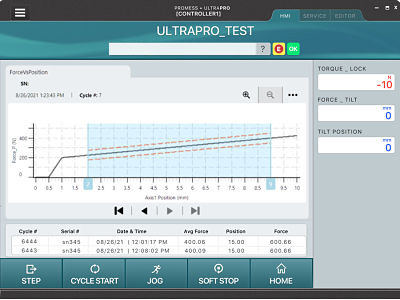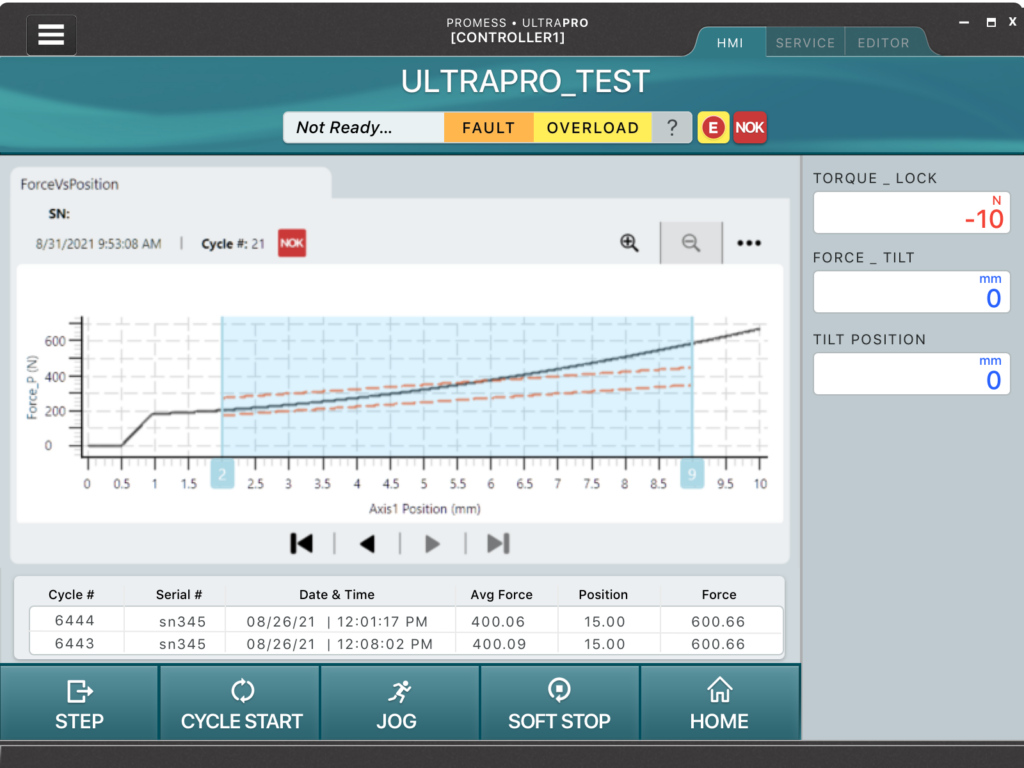There is a lot of talk in manufacturing about having smarter processes, more intelligent systems, and more intelligent equipment, in order to minimize defects and maximize productivity, but very few of these conversations really define just what that means.
In some cases, the system’s intelligence comes from retrofitted sensors added to an inherently “dumb” system, and for some manufacturers, that’s good enough. For others who seek a higher level of quality and consistency in order to supply the best possible manufactured product to their customer, a more flexible system with “intelligence” built in, is a much better option.
But what does it mean for a system to be “intelligent” in the first place? What makes a “smart” system or process?
A Dumb System?
A typical “dumb” system, such as those that rely on pneumatics or hydraulics alone, simply actuate a solenoid or similar device to initiate movement, applying force or torque until the limit of the equipment is reached or until whatever is being worked on comes up against a hard stop. There is very little means of control, and no feedback that verifies what was supposed to have been done actually was. These dumb systems are fine for applications where precision, consistency and quality are not important factors, but when accuracy, consistency & quality are areas of concern, typical dumb systems fall short.
Some manufacturers attempt to “smarten up” their manufacturing systems with the addition of retrofitted sensors for force, torque, position, or one of several other measurables, so they can at least verify quality and remove “bad” assemblies from those that reach the end-user, but they still manufacture the bad assemblies and do very little to reduce scrap.
A better option is a manufacturing system that has the capability for precise control, and the intelligence to not only verify quality, but to be responsive enough to ensure quality before scrap is created in the first place. Such a system that gathers, assesses, and stores data for both process and product validation, is the best option of all.

Some examples of smart systems for manufacturing and testing purposes, with intelligence built in, include Promess’ Electro-Mechanical Assembly Press (EMAP), Rotational Electro-Mechanical Assembly Press (REMAP) & TorquePRO.
Each of these rely on highly accurate and controllable electric servomotors for precise and accurate positioning. In the case of the EMAP, force is also measured with integrated strain gauge load cells, while the TorquePRO uses integrated torque transducer. The REMAP, which has both linear and rotational axes, incorporates both. As the workpiece is being processed, Promess’ integrated sensors measure what is being done and input that data into Promess’ monitoring software, which comes standard with every system.
The software allows the user to determine just what makes a “good” assembly, and once that has been determined, it gages every subsequent assembly to ensure consistency and quality. Furthermore, Promess’ software allows the end-user to determine, according to their need, whether a “bad” part is simply rejected, tagged and allowed to be processed further, or re-worked before it ever leaves the station. See image of pass graph verse fail graph.


In the event of incoming quality issues or ambient conditions which may affect the quality of your final products, a Promess system with its integrated sensing capability and data monitoring and gaging, will sense that and make your operator aware. This same data can then be used to improve your process and ensure future quality and success.
So what makes a smart system smart? What gives a manufacturing and test system its intelligence?
Integrated sensing and advanced software that allow for precise control, in-process monitoring & gaging combined with the flexibility and ability to respond to such as you see fit. And these are exactly the qualities that Promess has spent the past three decades developing and perfecting.
Promess is committed to providing all of their customers with the smartest manufacturing and test systems because at Promess we know that our customers’ success is our success.
